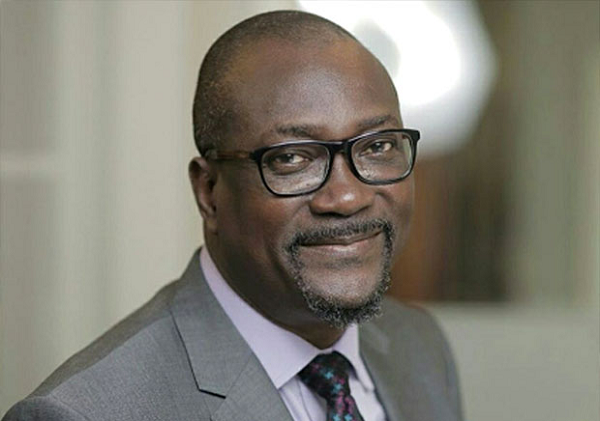
High cost of vying for political office engenders corruption— Research findings
An aspiring Ghanaian politician had to raise GH¢389,803 ($85,000) for nomination processes and competition in the 2016 parliamentary elections.
The cost of vying for power seems to have increased by 59 per cent since the 2012 general election.
These were revealed in research findings by the Centre for Democratic Development (CDD), in collaboration with the Westminster Foundation for Democracy (WFD) and supported by UKAid and Strengthening Action Against Corruption (STAAC).
The research delved into the various costs involved in seeking political power in the country by interviewing more than 250 Members of Parliament (MPs), as well as interviews and focus-group discussions with key informants.
The study also analysed four key areas of election expenditure, which are campaigns, the payment of party workers, media, advertisements and donations at the primary level, as well as the parliamentary election campaigns.
Findings
The findings of the report were validated at a workshop in Accra.
Apart from the rising cost of vying for political office, other highlights of the findings showed that male candidates outspent their female counterparts in terms of expenditure.
The greatest costs were incurred by candidates standing in municipal areas, with the primaries of the two dominant parties, that is the New Patriotic Party (NPP) and the National Democratic Congress (NDC) being very costly affairs, the report said.
In analysing the reasons for the costs, the results of the research showed a complex system of social and political relationships with party foot-soldiers, traditional leaders, community development organisations and youth associations.
Analyses showed that these interest groups benefited at different stages of the electoral cycle.
Subsequently, when the candidate won power, the expectation of citizens was for the elected official to provide for them.
Questions
The research raised critical questions about the sources of funding for the campaigns, as most respondents said they were from personal revenue.
“Political parties still provide some financial assistance to candidates, but the picture that emerges is that of a funding structure more reliant on personal relationships, one that may have implications for personal debt among politicians and, consequently, corruption in the country,” the report said.
Recommendations
In its recommendations, the WFD and the CDD called for the initiation of a national dialogue among political parties, the electoral commission and civil society organisations to deliberate on the impact of money on politics.
They recommended a more rigorous enforcement of existing political party finance legislation and concerted effort for better transparency in election spending.
